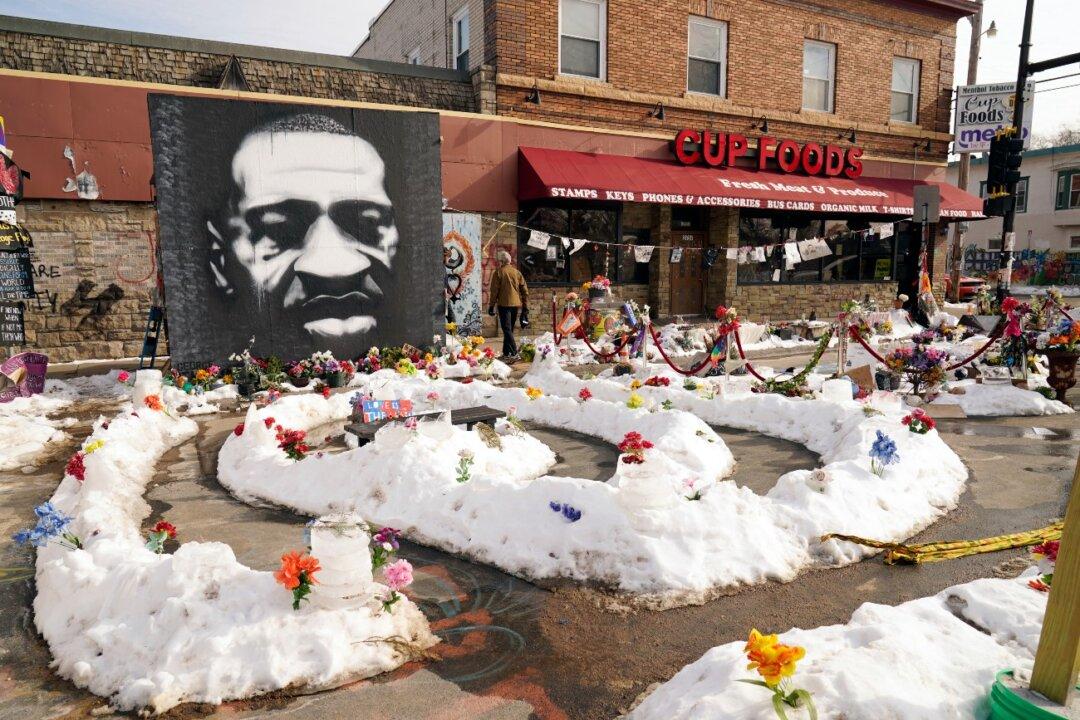A self-described key witness to the death of George Floyd—a longtime friend who was in the car with Floyd when police approached him—said through a lawyer that, if forced to testify about the incident, he'll invoke his Fifth Amendment right against self-incrimination and remain silent.
Morries Lester Hall, who in a June 2020 interview with The New York Times called himself “a key witness to the cops murdering George Floyd” and said he was “going to be his voice” going forward, has asked the court to squash a subpoena calling on him to testify in the trial against Derek Chauvin, the former Minneapolis police officer accused of murder.





